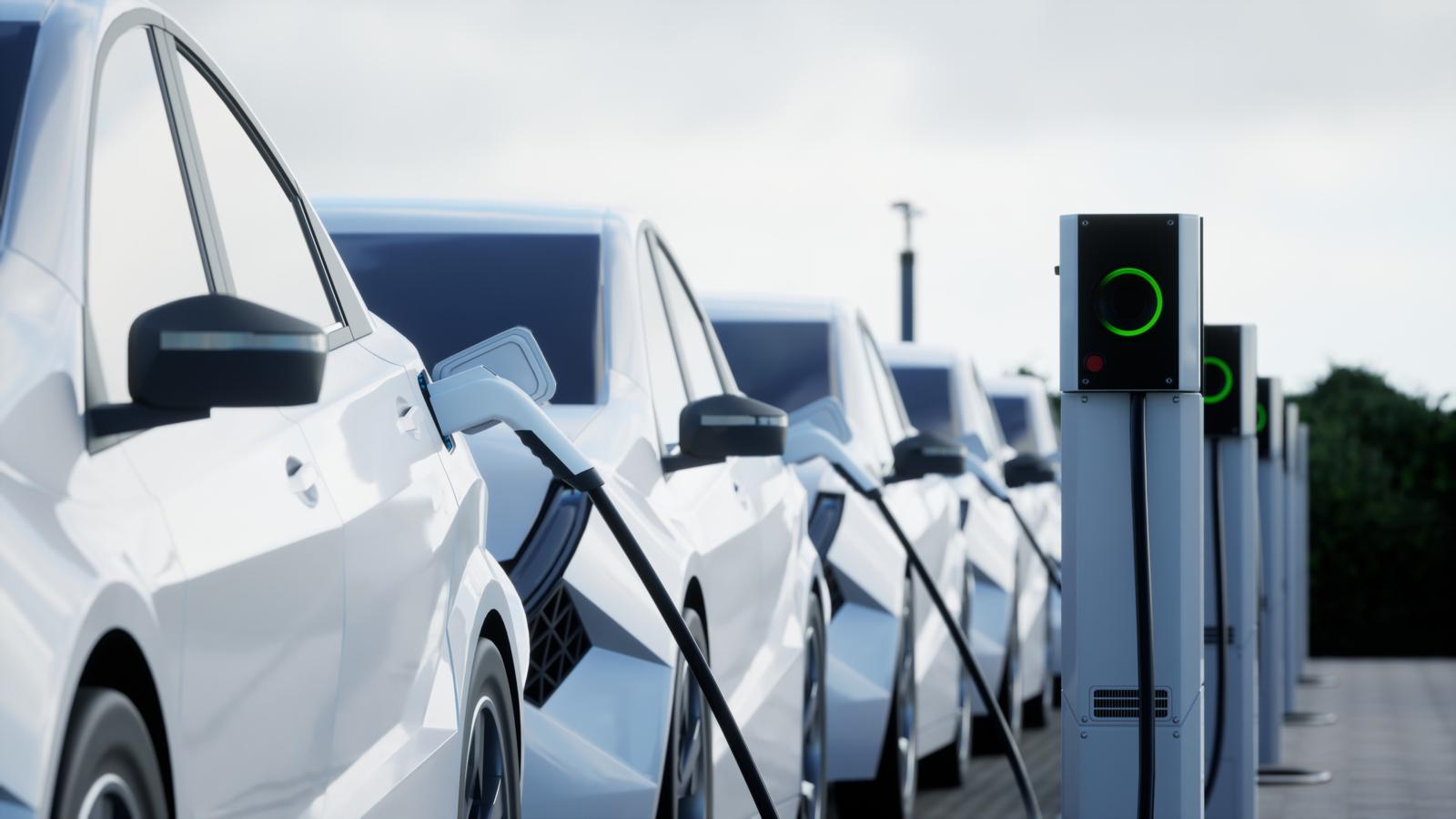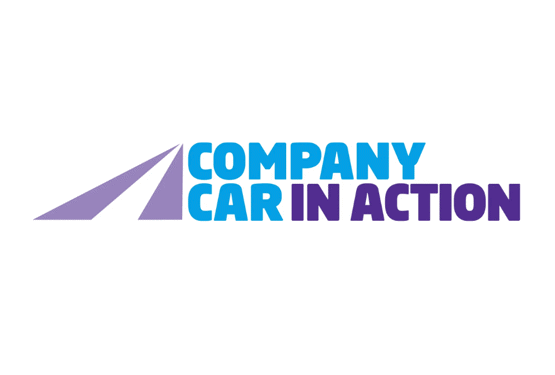Business contract hire (BCH) for company cars is driving growth in the leasing sector, with salary sacrifice also continuing its meteoric rise, passing the 100,000-vehicle mark.
However, the new figures from the British Vehicle Rental and Leasing Association (BVRLA) quarterly report also show that van volumes were down in in the last quarter of 2024.
BCH was up 6% during the period, accounting for the majority of the BVRLA’s leasing fleet, while cars funded through salary sacrifice grew 61%.
Almost nine-in-10 additions to the salsac fleet were for battery electric vehicles (BEVs).
A 10.96% decline in vans on leasing company fleets in the final quarter of 2024, meanwhile, reversed a longer-term trend that had seen light commercial vehicles (LCVs) represent a greater share of BVRLA members’ lease fleet.
In Q4 2023, vans accounted for 27% of the leased fleet, but this has fallen to 24% a year later.
While the size of the lease car fleet has grown year on year in every quarter since Q4, 2022, the BVRLA says that the van fleet has suffered three consecutive falls as customers balk at the cost of new vans and try to squeeze another year’s service out of their existing vehicles.
Salsac numbers breached the 100,000 mark for the first time, with the BVRLA suggesting that they could be even higher due to some agreements being recorded as business contract hire.
There is no doubt, says the BVRLA, that salary sacrifice has allowed thousands of employees to access an electric car who would otherwise have been unlikely to do so.
Half of company car orders fully electric

That appetite for electric vehicles was reflected in BCH agreements too and saw BEVs account for 54% of all new BCH cars added to the BVRLA fleet in Q4 2024.
Private buyers also adopted BEVs at a greater rate, with penetration among personal contract hire (PCH) agreements growing from 16% in Q4 2023 to 28% in Q4 2024.
Uptake was supported by vehicle manufacturers introducing offers and financial incentives to help meet their zero emission vehicle (ZEV) Mandate targets.
Due to the greater uptake of BEVs in the fleet market, however, the gap between the emissions of business and private cars widened in the final quarter of 2024.
The average emissions of new additions to the BCH fleet in Q4 were just 43.7g/km compared to 103g/km for PCH cars.
Some leasing directors see the remaining 72% of PCH drivers who stuck to petrol, diesel, PHEV or HEV cars as proof that the majority do not want an EV, but are prepared to switch if the offer is good enough.
PCH decline
Where company-provided vehicles and programmes have shown themselves to be resilient during uncertain times, private customers have felt economic fluctuations more keenly, says the BVRLA.
This has led to a 13.4% decrease in vehicles on (PCH) agreements, with BVRLA members reporting notable increases in contract extensions and delays in customers signing up to a new agreement.
With financial pressures being the driving force behind the contraction of PCH, leasing companies have adapted used car leasing offerings to retain many customers and appeal to new segments.
Used car leasing
From a relatively low base, used car leasing grew again in the Q4 2024, up 8.5% on the previous quarter.
Used vehicles accounted for 3.5% of PCH additions to the BVRLA leasing fleet, outperforming the overall fleet share of 1%.
Another motivation for this growth is the volatility in the used EV market, where vehicle supply is currently outstripping demand and putting pressure on residual values.
Toby Poston, BVRLA chief executive, said: “Again we are seeing the adaptability and resilience of the sector.
“Local and global economic uncertainty is causing many customers to hold fire but there remain pockets of optimism.
“To see the leasing fleet grow in such challenging conditions is positive, but the gaps between segments are widening.”
He added: “It is no surprise to see the segments performing well are where they have suitable support in place.
“Business customers have a greater ability to absorb short-term fluctuations, while also benefitting from targeted Government incentives to drive the uptake of electric cars.
“Financial incentives are the biggest lever to alter action and the recent changes to the ZEV Mandate will influence their necessity.
“Personal customers and van operators desperately need increased attention, and we remain committed to making their voices heard where it can make a difference.”
Find out how to fund your fleet the right way from Fleet News.





















Login to comment
Comments
No comments have been made yet.